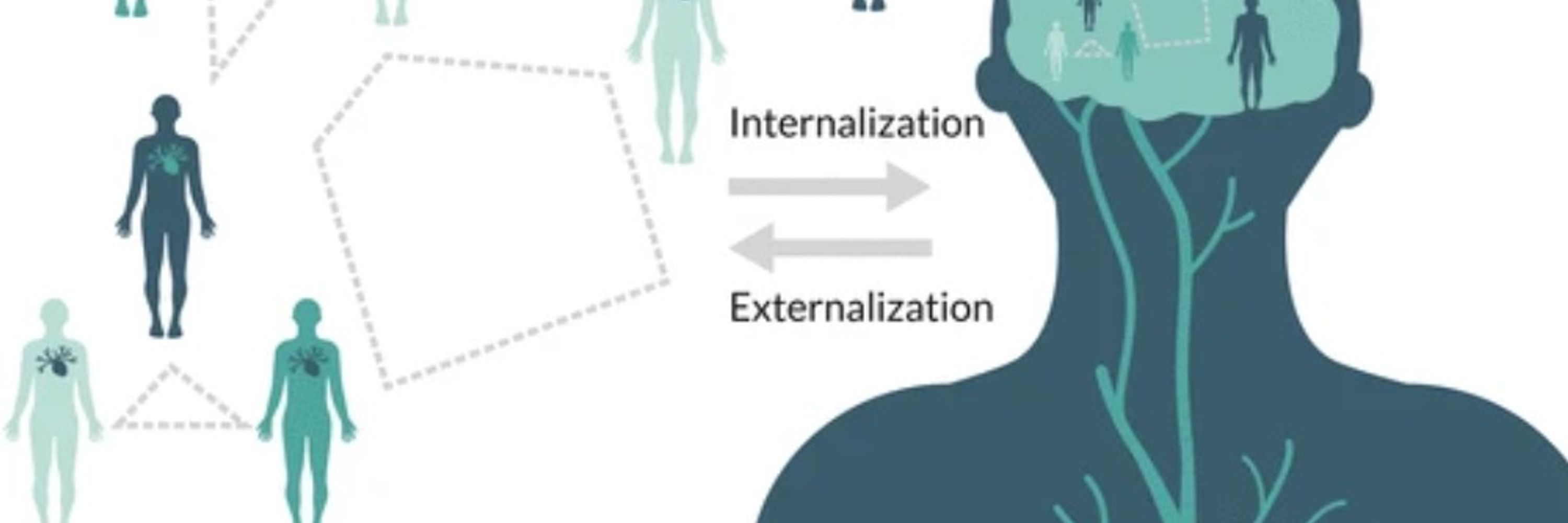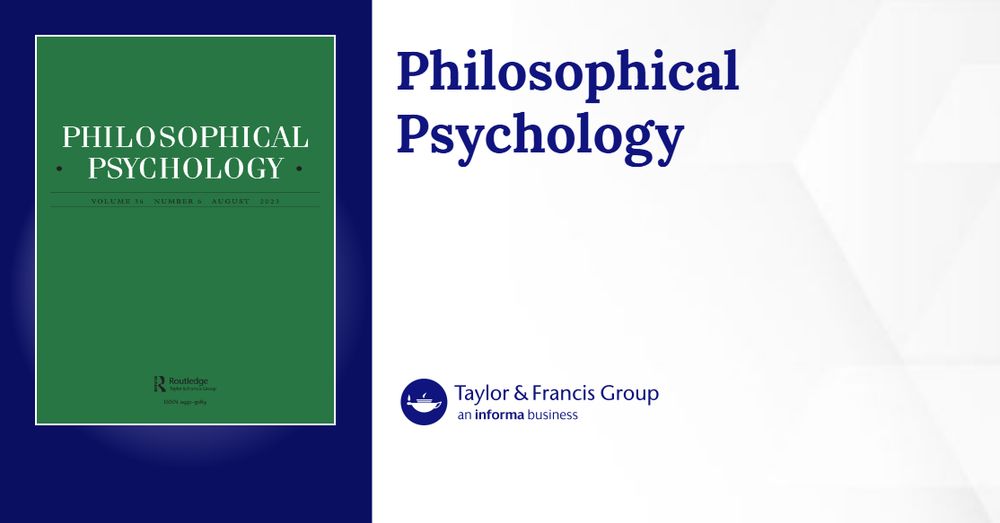
Website: https://sites.google.com/site/dimitrisbolis/

journals.sagepub.com/doi/10.1177/...

journals.sagepub.com/doi/10.1177/...
Work with us on experimental psychopharmacology (THC), social cognition, and psychosis 🧑🔬
Apply here: lnkd.in/gQqnNvjR](my.corehr.com/pls/kclrecru...)
Please RT :)

Work with us on experimental psychopharmacology (THC), social cognition, and psychosis 🧑🔬
Apply here: lnkd.in/gQqnNvjR](my.corehr.com/pls/kclrecru...)
Please RT :)
Cardiorespiratory cycles gate when it's best to sense & act on the world, shaping when precision peaks
Active sensing + Interoception + Active inference 🧠
🔗 bit.ly/3MinQIi
w/ @micahgallen.com; Lucas Naranjo; @jameskilner.bsky.social
Cardiorespiratory cycles gate when it's best to sense & act on the world, shaping when precision peaks
Active sensing + Interoception + Active inference 🧠
🔗 bit.ly/3MinQIi
w/ @micahgallen.com; Lucas Naranjo; @jameskilner.bsky.social


www.nature.com/articles/d41...

www.nature.com/articles/d41...

Read the full opinion piece in @cp-neuron.bsky.social: spkl.io/63322AbxpA
@wiringthebrain.bsky.social, @statsepi.bsky.social, & @deevybee.bsky.social

Read the full opinion piece in @cp-neuron.bsky.social: spkl.io/63322AbxpA
@wiringthebrain.bsky.social, @statsepi.bsky.social, & @deevybee.bsky.social
Friction is an essential ingredient for learning! Convenience makes us shallow.
academic.oup.com/pnasnexus/ar...

Friction is an essential ingredient for learning! Convenience makes us shallow.
academic.oup.com/pnasnexus/ar...
"Autonomy and Heterarchy: Organizing Control in Biological Organisms"
link.springer.com/chapter/10.1...

"Autonomy and Heterarchy: Organizing Control in Biological Organisms"
link.springer.com/chapter/10.1...
link.springer.com/article/10.1...
"Cognition all the way down 2.0: neuroscience beyond neurons in the diverse intelligence era"
🧪

link.springer.com/article/10.1...
"Cognition all the way down 2.0: neuroscience beyond neurons in the diverse intelligence era"
🧪
Coauthors: Konrad Lehmann, Dimitris Bolis, Leonhard Schilbach, Maxwell JD Ramstead, Philipp Kanske
journals.sagepub.com/doi/pdf/10.1...
Coauthors: Konrad Lehmann, Dimitris Bolis, Leonhard Schilbach, Maxwell JD Ramstead, Philipp Kanske
journals.sagepub.com/doi/pdf/10.1...
link.springer.com/article/10.1...
link.springer.com/article/10.1...
@NiclasKaiser
— an invited contribution to Psychiatria Fennica!
"Rethinking mental health through emerging relational frameworks: A review of multi-person approaches". Available here: www.psykiatriantutkimussaatio.fi/wp-content/u...
@NiclasKaiser
— an invited contribution to Psychiatria Fennica!
"Rethinking mental health through emerging relational frameworks: A review of multi-person approaches". Available here: www.psykiatriantutkimussaatio.fi/wp-content/u...
By Philip O'Brien

By Philip O'Brien
We show effects of interpersonal synchronization of physiological rhythms on intrapersonal cardiorespiratory coupling: when we sync our breathing, our breathing–heart rhythms decouple, with a perturbed phase-relationship
www.biorxiv.org/content/10.1...

We show effects of interpersonal synchronization of physiological rhythms on intrapersonal cardiorespiratory coupling: when we sync our breathing, our breathing–heart rhythms decouple, with a perturbed phase-relationship
www.biorxiv.org/content/10.1...
link.springer.com/article/10.3...

The Penguin Book of Existentialist Philosophy
edited by me
:: available now to pre-order from all good bookshops (and that bad one) ::
–– contents pages are in the thread below.
#philsky

The Penguin Book of Existentialist Philosophy
edited by me
:: available now to pre-order from all good bookshops (and that bad one) ::
–– contents pages are in the thread below.
#philsky

The Copenhagen Winter School (29 Jan.-30 Jan. 2026) is a PhD course that offers close reading of classical work. In 2026, the selected text is Edmund Husserl’s Ideen II.
Keynotes: Sara Heinämaa & Dan Zahavi.
Apply before Nov. 1, 2025
The Copenhagen Winter School (29 Jan.-30 Jan. 2026) is a PhD course that offers close reading of classical work. In 2026, the selected text is Edmund Husserl’s Ideen II.
Keynotes: Sara Heinämaa & Dan Zahavi.
Apply before Nov. 1, 2025
#neuroskyence
www.thetransmitter.org/craft-and-ca...





